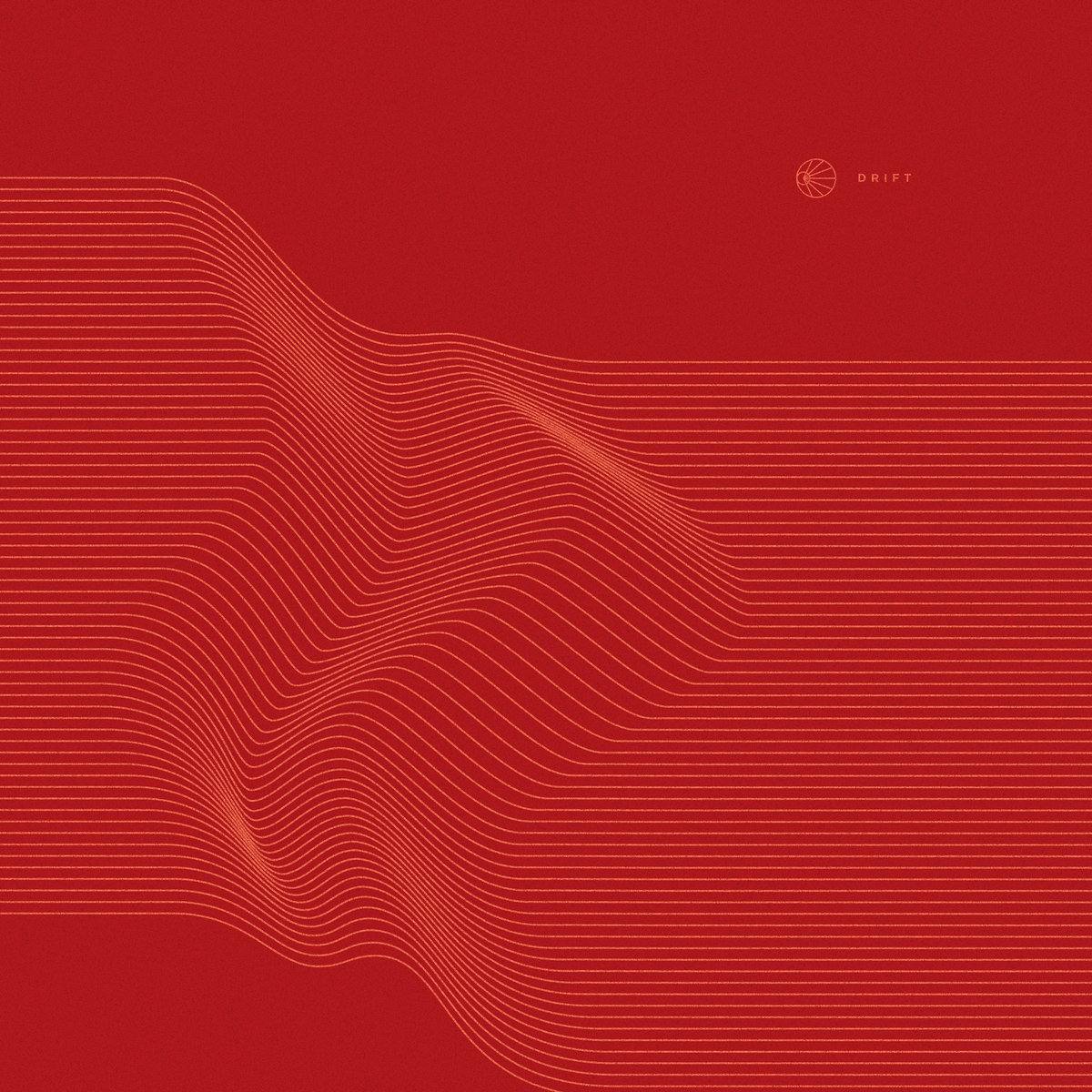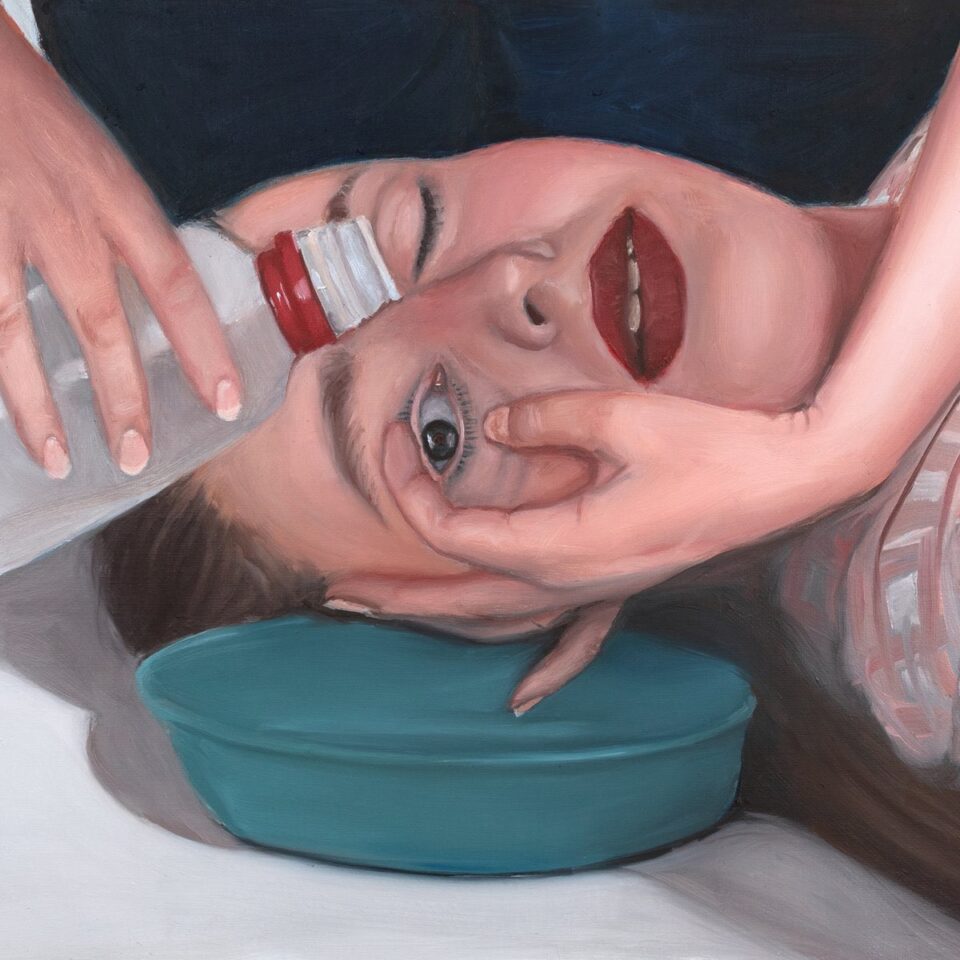Pianos Become the Teeth
Drift
EPITAPH
There are some albums that hit you hard. And then there are some that tear you apart. Drift, the fifth full-length from Pianos Become the Teeth, is one of the latter. A world away from the more abrasive post-hardcore the Baltimore outfit started out by making, it’s a beautifully bleak examination of life—those sleepless nights when your room becomes the universe outside, cold and dark and devoid of oxygen and future—but also, thanks to the hypnotic lilt of the music, also comforting at the same time, like a warm blanket wrapped around you the night before you die. To that extent, Drift embraces one of the great keys to living: not being afraid of what comes after.
It’s an idea the band has always been consumed by, and which has infiltrated their songs to various degrees, but here it’s in full force. Opener “Out of Sight” is a beautiful and intense requiem—layers and layers of loss piling up on top of each other, vocalist Kyle Durfey intoning and evoking abstract images of past and future regret. “Closer daily to pushing daisies as he walks along our sides,” he sings. “All the invites never delighted in, missing what can never be again.”
It gets a little louder here and there as the album progresses—notably in the crescendo roar of “Genevieve” and “The Tricks,” the insistent wall-of-sound barrage of “Hate Chase,” and the final sonic explosion that takes over “Buckley”— but unlike the band’s early days, the loudness isn’t where the desperation comes alive. Rather, it’s in the nuance and the quieter moments that the shattered, rotten heart of this record really resides, especially on the poignant regret of “Mouth” and the forlorn resignation of ender “Pair.”
There are more than a few occasions, too, when Durfey sounds like Morrissey. That’s not just because his voice resembles that of the racist, xenophobic former Smiths frontman more than it ever has before, but also because his words deliver the same kind of emotional self-doubt—existential miserabilism offset by lyrical peculiarities, idiosyncrasies, and self-awareness. As The Smiths proved, that’s a devastating combination, and it is here, too. It makes Drift an album that transcends time and space, genre and classification. Rather, it feels like the universe imploding, the years reversing, love returning—but with the cruel added knowledge that none of that stuff is possible. Let it swallow you. Do not go gentle into that dark night.







